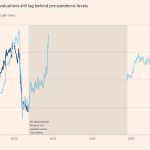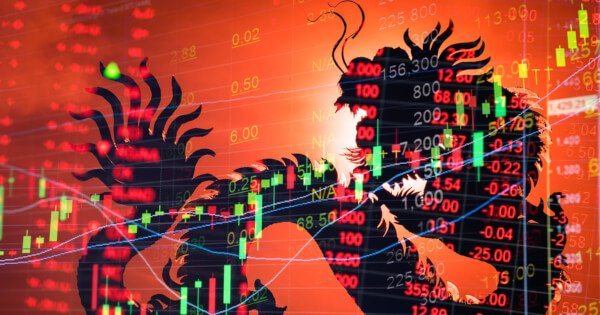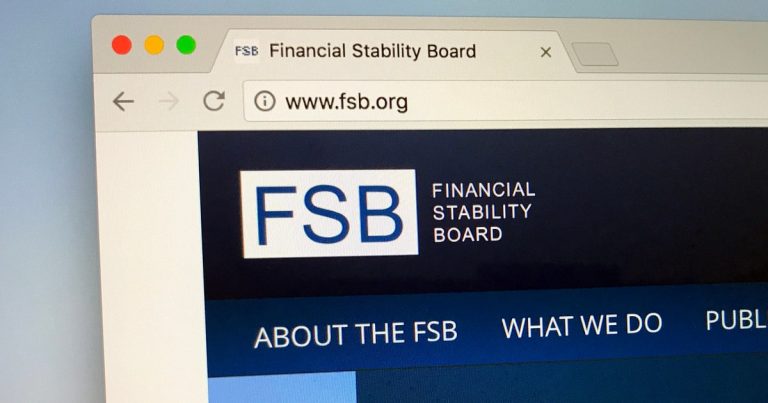Stock Market Overview
Amid concerns about higher government bond yields, inflation, China’s slowing economy, and its looming debt crisis, major global stock indices have seen three consecutive weeks of declines.
The S&P 500 index has dropped over 5% since the end of July, with the NASDAQ 100 index and the Russell 2000 index both falling nearly 7%. Despite these declines, the stock market has surged about 20% since the beginning of the year.
The Dow Jones Industrial Average, consisting of large, stable companies, showed a milder drop, reflecting a preference for these enterprises in a rising inflation and interest rate environment. In contrast, high-valuation growth stocks in the NASDAQ may face more pressure due to rising capital costs.
Interest Rate Market
Last Thursday, the US 10-year Treasury yield hit 4.33%, marking its peak since October, bolstered by supply-driven factors and robust economic indicators.
The ongoing real estate turmoil in China, underscored by the Evergrande Group’s bankruptcy declaration in New York, has further intensified pessimistic outlooks. Another Chinese real estate giant, Country Garden, warned of significant losses, leading to a Moody’s rating downgrade.
Forex Market
The US dollar strengthened with the DXY reaching a two-month high last week. The yuan fell briefly below 7.3, but the People’s Bank of China’s defense of the yuan exchange rate led to a rebound.
trending events
A Federal Reserve Survey revealed that US consumer short-term inflation expectations have hit a new low since 2021.
The Bank of Japan reported that July’s service sector inflation reached 2% for the first time in 30 years.
US July retail sales MoM growth of 0.7% exceeded expectations, marking the largest increase since January.
China’s holdings of US Treasuries dropped to a 14-year low, while its foreign exchange reserves showed an upward trend.
Market sentiment
The CNN Fear and Greed Index currently stands at 45, within the neutral range.
The Goldman Sachs Institutional Position Sentiment Indicator rose slightly from the previous week.
fund flows
Global equity funds experienced net outflows of $2.1 billion, with US markets seeing a net outflow of $5.2 billion. Money market funds saw inflows of $21.8 billion.
Goldman Sachs Primebook Data
Hedge funds shorted US ETFs at the fastest pace since September 2022, adding more than 7% of market value in a week.
Market Commentary
Bank of America suggests that US bond yields might return to 5%, and the Federal Reserve might need to raise rates to 6% due to inflation.
JPMorgan indicates that the US economy might lose a significant boost as excess consumer savings deplete.
Conclusion
The global financial markets are currently experiencing a mix of optimism and caution. While institutions are buying on the dip, there are underlying concerns about inflation, interest rates, and the state of the Chinese economy. Investors are closely monitoring data and events to gauge the future direction of the markets.
Image source: Shutterstock













+ There are no comments
Add yours